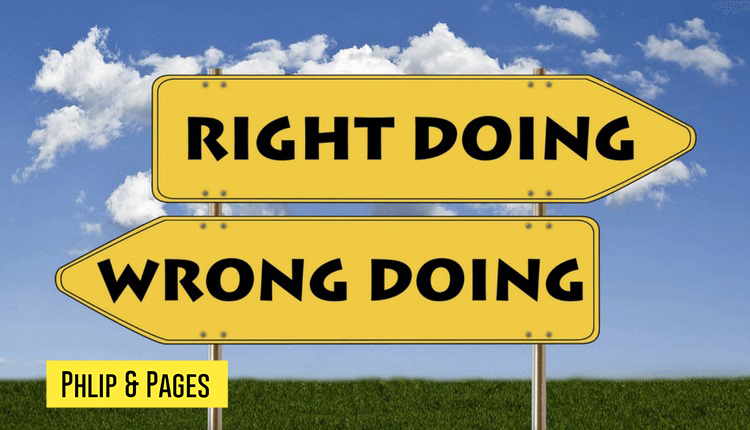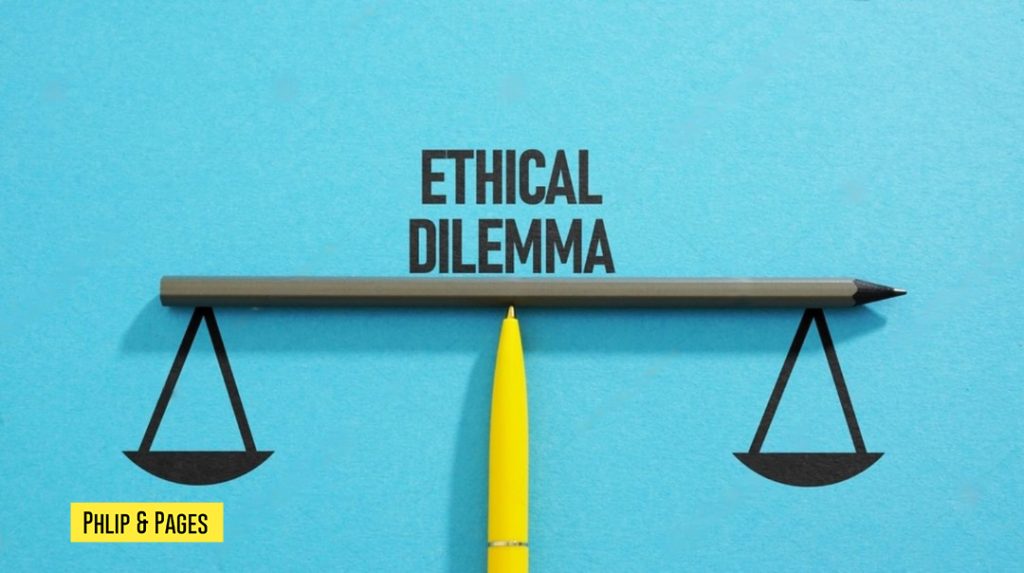Ethical Boundaries
Honesty and Integrity:
- Truthfulness: Always be honest in your professional interactions and avoid deceit or misrepresentation.
- Integrity: Maintain consistency in your ethical principles and actions, even when faced with challenges.
Confidentiality:
- Privacy: Respect the privacy of clients, colleagues, and others by keeping sensitive information confidential.
- Data Protection: Ensure that personal and sensitive data is securely stored and handled in compliance with relevant regulations (e.g., GDPR).

Respect for Intellectual Property:
- Copyright and Plagiarism: Acknowledge the original creators of work and avoid using or presenting others’ work as your own.
- Proper Use: Use intellectual property legally and ethically, ensuring all necessary permissions and licenses are obtained.
Fairness and Justice:
- Equality: Treat all individuals fairly, regardless of their background, status, or characteristics.
- Non-Discrimination: Avoid discriminatory practices and promote inclusivity and equal opportunities.
Responsibility and Accountability:
- Professional Responsibility: Fulfill your professional duties diligently and take responsibility for your actions and decisions.
- Accountability: Be accountable for your actions and accept the consequences of your decisions.
Common Ethical Dilemmas
- Conflict of Interest:
- Personal vs. Professional Interests: Situations where personal interests conflict with professional responsibilities, such as financial interests influencing decision-making.
- Dual Relationships: Managing relationships that could impair professional judgment, such as friendships with clients or subordinates.
- Whistleblowing:
- Reporting Misconduct: The dilemma of whether to report unethical or illegal activities within an organization, risking potential repercussions.
- Confidentiality vs. Transparency: Balancing the need to expose wrongdoing while respecting confidentiality agreements and loyalty to the organization.
- Resource Allocation:
- Scarce Resources: Deciding how to allocate limited resources, such as time, money, or medical treatments, in a way that is fair and just.
- Prioritization: Determining which projects, clients, or patients receive priority based on ethical considerations.

4. Autonomy vs. Beneficence:
- Individual Rights: Respecting an individual’s right to make their own decisions, even if those decisions might not be in their best interest.
- Acting in Best Interest: Making decisions that you believe are in the best interest of others, sometimes against their wishes.
5. Cultural Sensitivity:
- Respecting Diversity: Navigating situations where cultural differences impact ethical decision-making, such as differing norms and values.
- Cultural Competence: Ensuring that your actions and decisions are culturally sensitive and respectful.
6. Use of Technology:
- Privacy Concerns: Handling data and technology in ways that protect individuals’ privacy and confidentiality.
- AI and Automation: Ethical use of AI and automation, including issues of bias, transparency, and the impact on employment.
Navigating Ethical Dilemmas
- Ethical Frameworks:
- Utilitarianism: Making decisions based on the greatest good for the greatest number.
- Deontology: Following rules and duties regardless of the outcome.
- Virtue Ethics: Focusing on the character and virtues of the decision-maker.
- Consultation and Dialogue:
- Peer Consultation: Discussing dilemmas with colleagues or ethical committees to gain different perspectives.
- Open Dialogue: Engaging in open and honest conversations with all stakeholders involved.

3. Codes of Conduct:
- Professional Guidelines: Adhering to the codes of conduct and ethical guidelines set by professional organizations.
- Personal Principles: Maintaining personal ethical standards and values.
4. Ethical Training and Education:
- Continuous Learning: Engaging in ongoing education and training on ethical issues and best practices.
- Awareness: Staying informed about current ethical challenges and debates in your field.
Navigating ethical boundaries and dilemmas requires a balance of knowledge, judgment, and integrity. By adhering to established ethical principles and engaging in thoughtful deliberation, professionals can make responsible and ethical decisions in their work.
















